Introduction
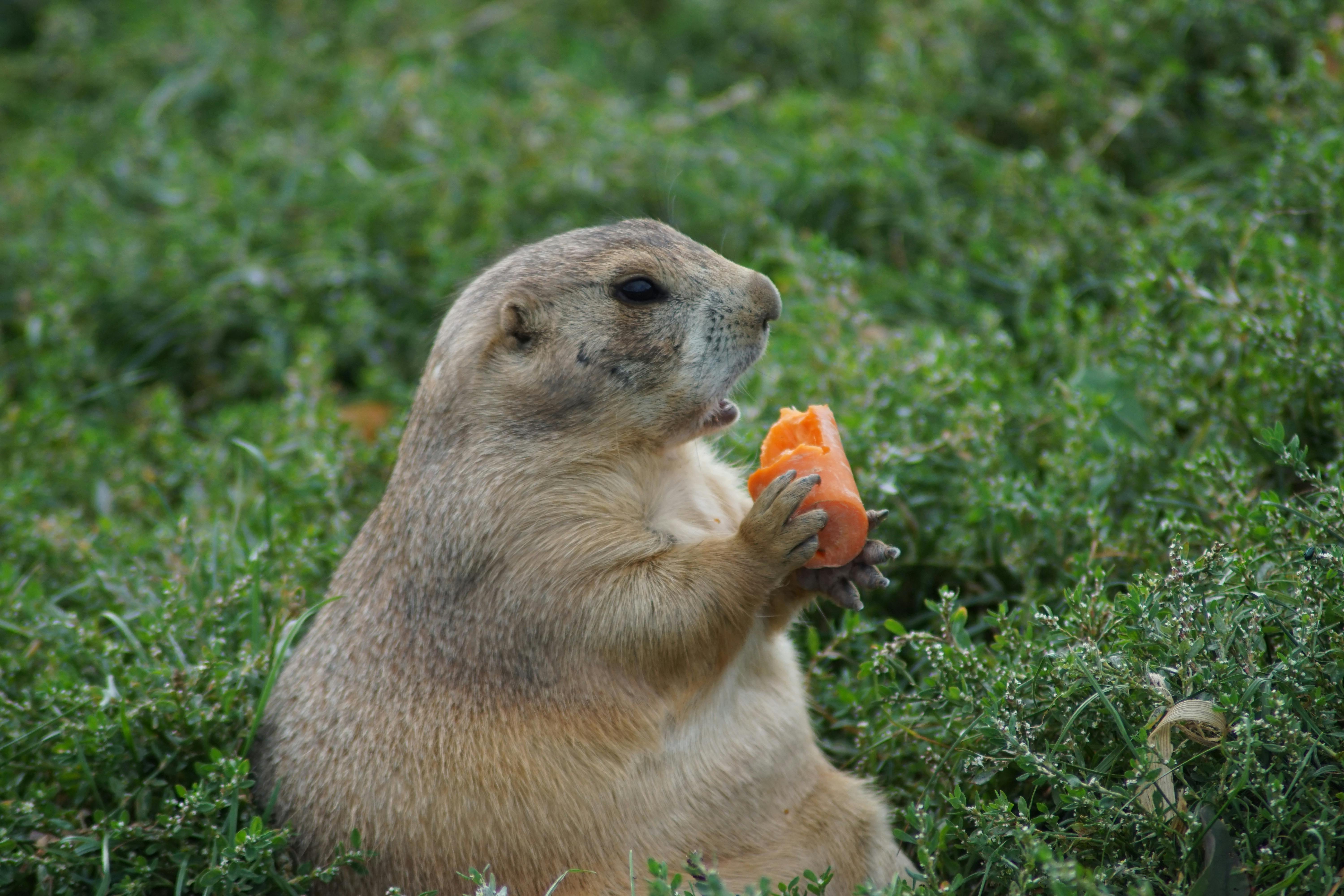
A bird feeder pole serves as an elevated platform for birds to access food, providing bird enthusiasts with an opportunity to observe these feathered friends up close. However, a common challenge faced by bird feeder poles is squirrel infiltration. Squirrels are notorious for their persistence and agility when it comes to accessing bird feeders. To effectively keep them at bay, it’s essential to understand their tactics. In this article, we will explore common squirrel infiltration tactics and provide tips to maintain a squirrel-free feeding area.
Overview of Common Squirrel Infiltration Tactics
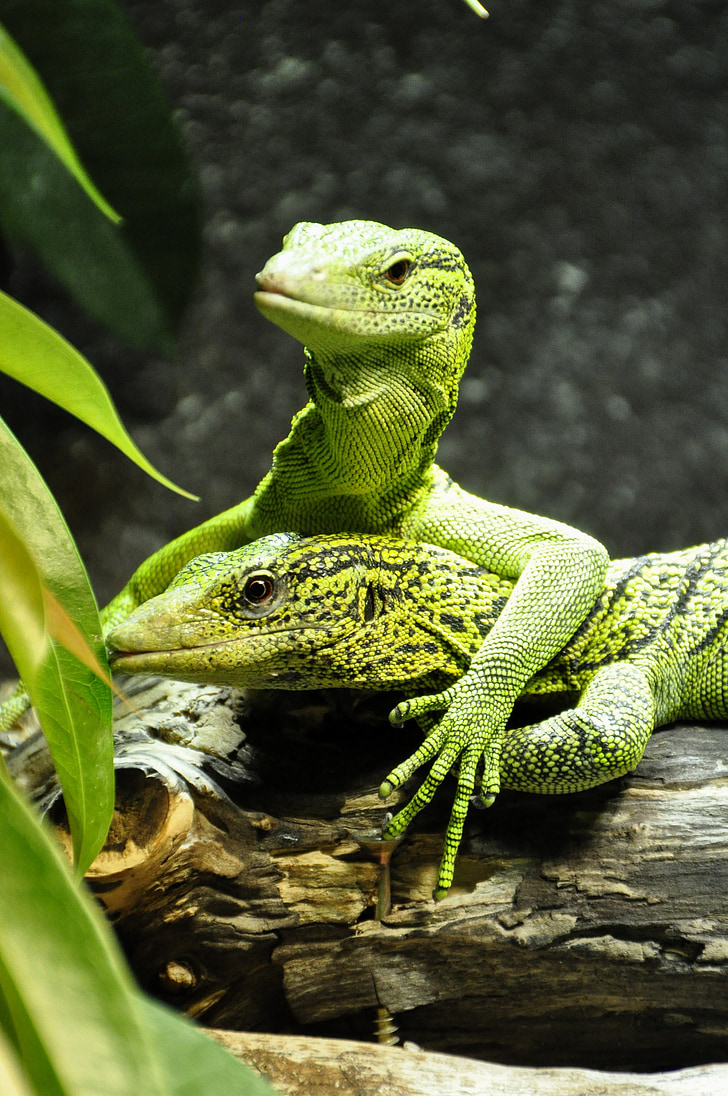
Squirrels employ various methods to infiltrate bird feeder poles and access the tempting food source. Their natural climbing, jumping, balancing, and acrobatic abilities make them quite inventive. Here are some common tactics they use:
-
Climbing: With sharp claws and powerful hind legs, squirrels scale tree trunks, poles, or any vertical surface leading to the bird feeder. Gravity seems to defy them as they effortlessly climb towards the food.
-
Jumping: Impressive jumping abilities allow squirrels to leap from nearby trees or structures onto bird feeder poles, bypassing obstacles or deterrents placed on the ground.
-
Balancing: Squirrels skillfully navigate narrow surfaces, like thin poles or wires, using their exceptional balance. They traverse these precarious paths with stability, ensuring their successful reach to the food source.
-
Acrobatics: Renowned for their acrobatic skills, squirrels contort their bodies, perform daring maneuvers, and even hang upside down to overcome obstacles designed to deter them, such as baffles or squirrel guards.
-
Gnawing: Squirrels have strong incisors that allow them to gnaw through various materials, including wood, plastic, and metal. When faced with physical barriers, squirrels resort to gnawing their way through or damaging structures to gain access to the bird feeders.
Understanding these infiltration tactics helps bird enthusiasts devise effective strategies to protect their bird feeder poles and ensure undisturbed meals for their feathered visitors.
The Benefits of Keeping Squirrels Off of Bird Feeder Poles
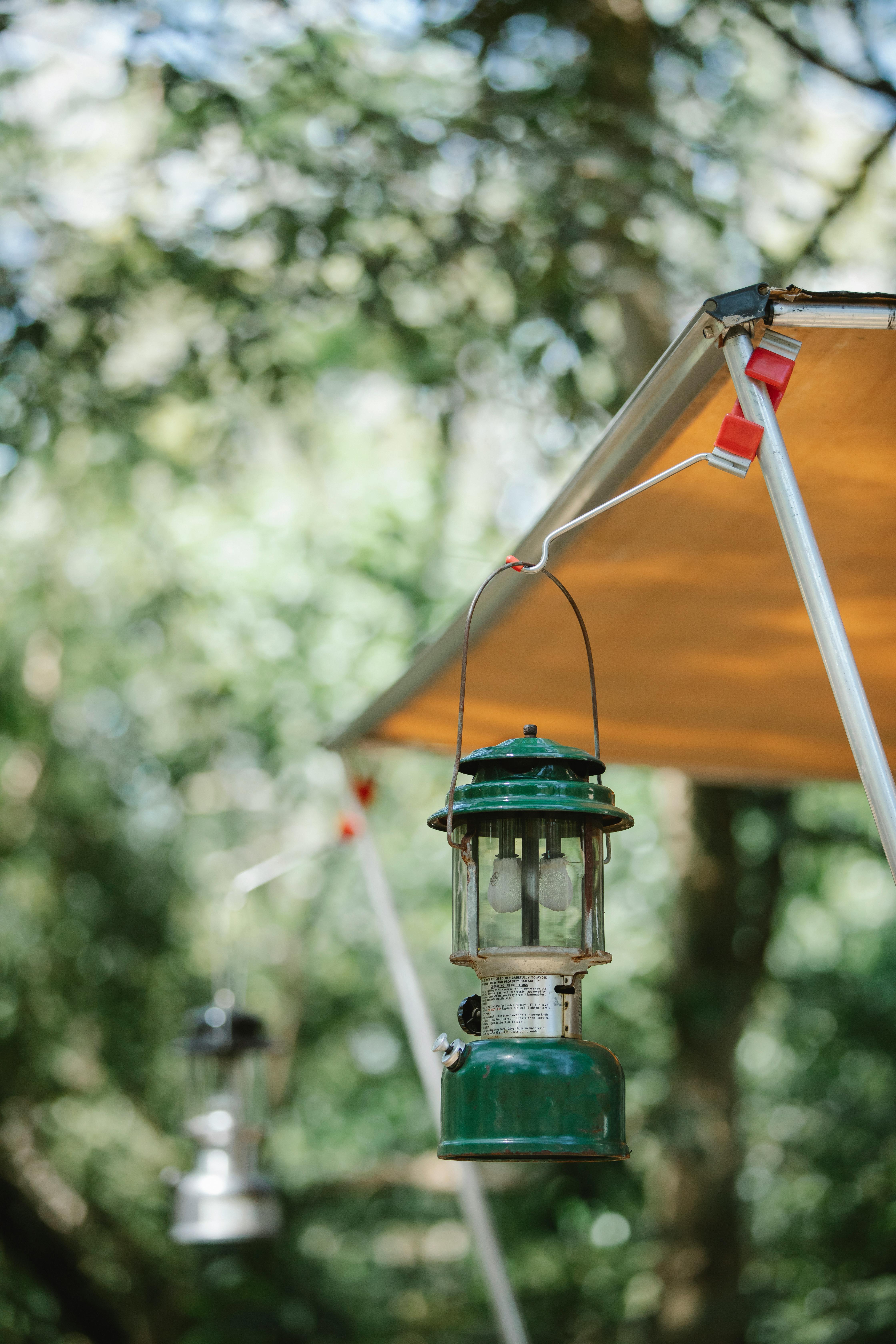
Keeping squirrels off bird feeder poles offers numerous benefits for both the bird seed and the feeders themselves.
Protecting Bird Seed from Contamination
One primary reason to deter squirrels from bird feeder poles is to protect the bird seed from contamination. Squirrels tend to create a mess and waste valuable resources by devouring substantial quantities of seed and causing spillage. Furthermore, their presence introduces contaminants such as droppings, urine, and fur, which can lead to the growth of harmful bacteria, fungi, and pathogens. This jeopardizes the well-being of the birds and facilitates the spread of diseases.
By effectively keeping squirrels at bay, you can maintain the cleanliness and integrity of the bird seed, ensuring it remains untainted, safe, and healthy for the feathered friends who rely on your feeders.
Keeping Bird Feeders in Excellent Condition

Squirrels’ persistent chewing behavior can wreak havoc on bird feeders. When they gain access to these feeders, they gnaw on various parts, compromising their structural integrity. Weakened feeder parts are prone to breakage or malfunctioning, depriving birds of their vital food source and disrupting their lives.
By deterring squirrels from bird feeder poles, you prevent damage caused by their destructive chewing habits. This proactive measure ensures that the feeders remain in excellent condition and functional for an extended period. By preserving the integrity of the feeders, you reduce the need for frequent repairs or replacements, saving both time and money in the long run.
In summary, keeping squirrels off bird feeder poles offers twofold benefits. Firstly, it safeguards the bird seed from contamination, preventing the spread of harmful pathogens and diseases. Secondly, it preserves the excellent condition of the bird feeders, ensuring their longevity and reducing maintenance costs. In the following sections, we will explore effective prevention and reactionary tips to help you combat squirrel infiltration and maintain a harmonious feeding environment for your feathered visitors.
Prevention Tips
![]()
Prevention is crucial when it comes to keeping squirrels away from bird feeder poles. By implementing the following tips, you can create a squirrel-proof environment for your feathered friends.
Selecting an Appropriate Feeder
![]()
Choose a bird feeder with features that make it difficult for squirrels to access the bird seed:
-
Weight-activated mechanism: Opt for feeders equipped with a weight-activated mechanism that closes off the feeding ports when a squirrel’s weight is detected. This allows birds to feed undisturbed while keeping squirrels at bay.
-
Smaller openings or mesh grids: Select feeders with small openings or mesh grids that make it challenging for squirrels to reach the seeds. This discourages their access to the food.
-
Squirrel-proof feeders: Consider using specially designed squirrel-proof feeders that feature mechanisms like cages or baffles to prevent squirrels from accessing the seeds.
Installing a Squirrel Baffle
Use a squirrel baffle as a physical barrier on the bird feeder pole to deter squirrels from climbing up and reaching the feeder. Follow these tips for effective installation:
-
Choose a slippery or smooth material: Install a baffle made of slippery or smooth material, such as metal or plastic, which makes it difficult for squirrels to grip and climb.
-
Position the baffle properly: Install the baffle at a height of around 4-5 feet from the ground to prevent squirrels from jumping over or bypassing it.
-
Regularly inspect and maintain the baffle: Check the baffle regularly to ensure it remains secure and in good condition. Reinforce any weak spots or damage that could provide an entry point for squirrels.
Setting Up an Electric Fence
In larger outdoor areas or when dealing with determined squirrels, an electric fence can be an effective deterrent. Follow these guidelines for setting up an electric fence:
-
Install an electric fence: Choose an electric fence designed specifically for deterring squirrels and install it around the bird feeder area.
-
Position the fence correctly: Place the electric fence at a height that prevents squirrels from jumping over or climbing under it. Follow the manufacturer’s instructions for the recommended height.
-
Ensure proper maintenance: Regularly inspect the electric fence to ensure it is functioning correctly. Check for any damaged wires or components that could compromise its effectiveness.
Implementing these prevention tips will help create a squirrel-free zone around your bird feeder poles, ensuring the safety of the bird seed and allowing the birds to enjoy their meals undisturbed.
Reactionary Tips
![]()
In addition to prevention strategies, there are several reactionary tips you can employ to keep squirrels off your bird feeder pole. These methods are designed to deter squirrels that have already infiltrated your feeders or persistently attempt to access them.
Applying Animal Repellents
Use animal repellents specifically formulated to deter squirrels. Commercial squirrel repellents often contain ingredients like capsaicin, garlic, or predator urine that squirrels find unpleasant. Apply them regularly to the bird feeder pole or surrounding areas.
You can also create homemade squirrel repellents by mixing cayenne pepper or hot sauce with water and spraying it onto the bird feeder pole. The spicy scent and taste act as deterrents, discouraging squirrels from approaching the feeders.
Installing a Motion-Activated Sprinkler
Install a motion-activated sprinkler near the bird feeder pole. When a squirrel approaches the sprinkler’s sensor, it triggers a burst of water, startling and discouraging the squirrels from returning.
Position the motion-activated sprinkler strategically to cover the area where squirrels tend to climb or jump from. Adjust the sensitivity and range of the sensor to optimize its effectiveness.
Picking Up Bird Seed Daily
![]()
To discourage squirrels, pick up fallen seeds daily. Regularly clean up any spilled birdseed to remove the incentive for squirrels to approach the feeders. Consider using bird feeders with trays or catchers to minimize seed spillage. Additionally, sweep or rake the area around the bird feeder to eliminate potential food sources.
By promptly removing fallen seeds and maintaining a clean feeding area, you can significantly reduce squirrel activity around your bird feeder pole and ensure that the birdseed is exclusively available to the intended feathered visitors.
In conclusion, keeping squirrels away from bird feeders is essential for the well-being of the birds. By implementing prevention tips such as selecting the right feeder, installing a squirrel baffle, and setting up an electric fence, you can create a squirrel-free zone. Additionally, using reactionary tips like applying animal repellents, installing a motion-activated sprinkler, and picking up bird seed daily helps deter squirrels that have already infiltrated your feeders. By following these strategies, you can ensure that your feathered friends can enjoy their meals undisturbed.
Conclusion
![]()
In conclusion, deterring squirrels from bird feeders offers multiple benefits for both birds and bird enthusiasts. By implementing effective prevention and reactionary measures, you can create a squirrel-free feeding environment that ensures the well-being of your feathered friends.
Recap of the Benefits
Protecting bird food is a primary advantage of deterring squirrels. These notorious raiders can deplete the bird food supply, leaving little or nothing for the intended avian visitors. By implementing effective squirrel prevention measures, you can ensure a consistent food supply for the birds, supporting their health and survival.
Preservation of bird feeders is another crucial benefit. Squirrels can cause damage by chewing on or knocking down feeders in their relentless pursuit of food. By thwarting their access, you can maintain the integrity and functionality of the feeders, ensuring they last longer and continue to serve as a reliable food source for birds.
Deterring squirrels also encourages bird diversity in your feeding area. Squirrels tend to scare away smaller birds, preventing them from accessing the feeders and enjoying the available food. By implementing effective squirrel prevention strategies, you create a welcoming environment for a wider variety of bird species to thrive and enjoy the feeders, enhancing the overall biodiversity and beauty of your surroundings.
Prevention and Reactionary Tips
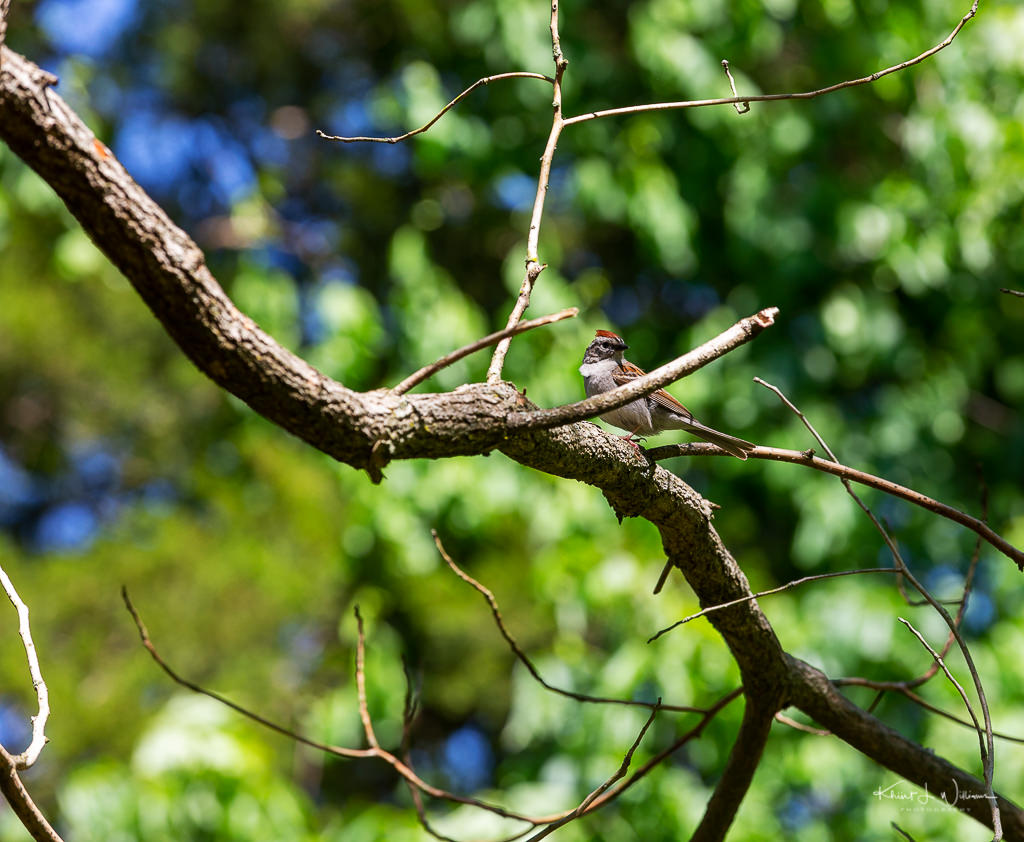
To keep squirrels away from bird feeders, implementing prevention measures is essential. Consider installing a squirrel baffle, a device designed to prevent squirrels from climbing up the pole or reaching the feeder. Baffles can be positioned either above or below the feeder, depending on the specific design. Additionally, investing in squirrel-proof feeders with mechanisms that close off access to squirrels can significantly reduce their presence.
In some cases, reactionary tips may be necessary to address persistent squirrel infiltration. Applying animal repellents, such as hot pepper sprays or commercially available squirrel deterrents, can help deter squirrels from approaching the feeders. Another effective tactic is installing a motion-activated sprinkler that sprays water when it detects squirrel movement, creating a deterrent effect. Lastly, regularly picking up bird seed from the ground around the feeders can minimize the attraction for squirrels and discourage their presence.
By implementing a combination of prevention and reactionary tips, you can create an environment that is less appealing and accessible to squirrels while ensuring the enjoyment of bird watching and maintaining the well-being of the avian visitors.
In conclusion, by understanding the benefits of keeping squirrels away from bird feeders and implementing effective prevention and reactionary measures, you can create a harmonious feeding environment that supports the thriving bird population and enhances your overall bird-watching experience. With these strategies in place, you can enjoy the beauty and serenity of feathered visitors without the interference of pesky squirrels.
Frequently Asked Questions
FAQ
1. How do I keep squirrels off my bird feeder pole?
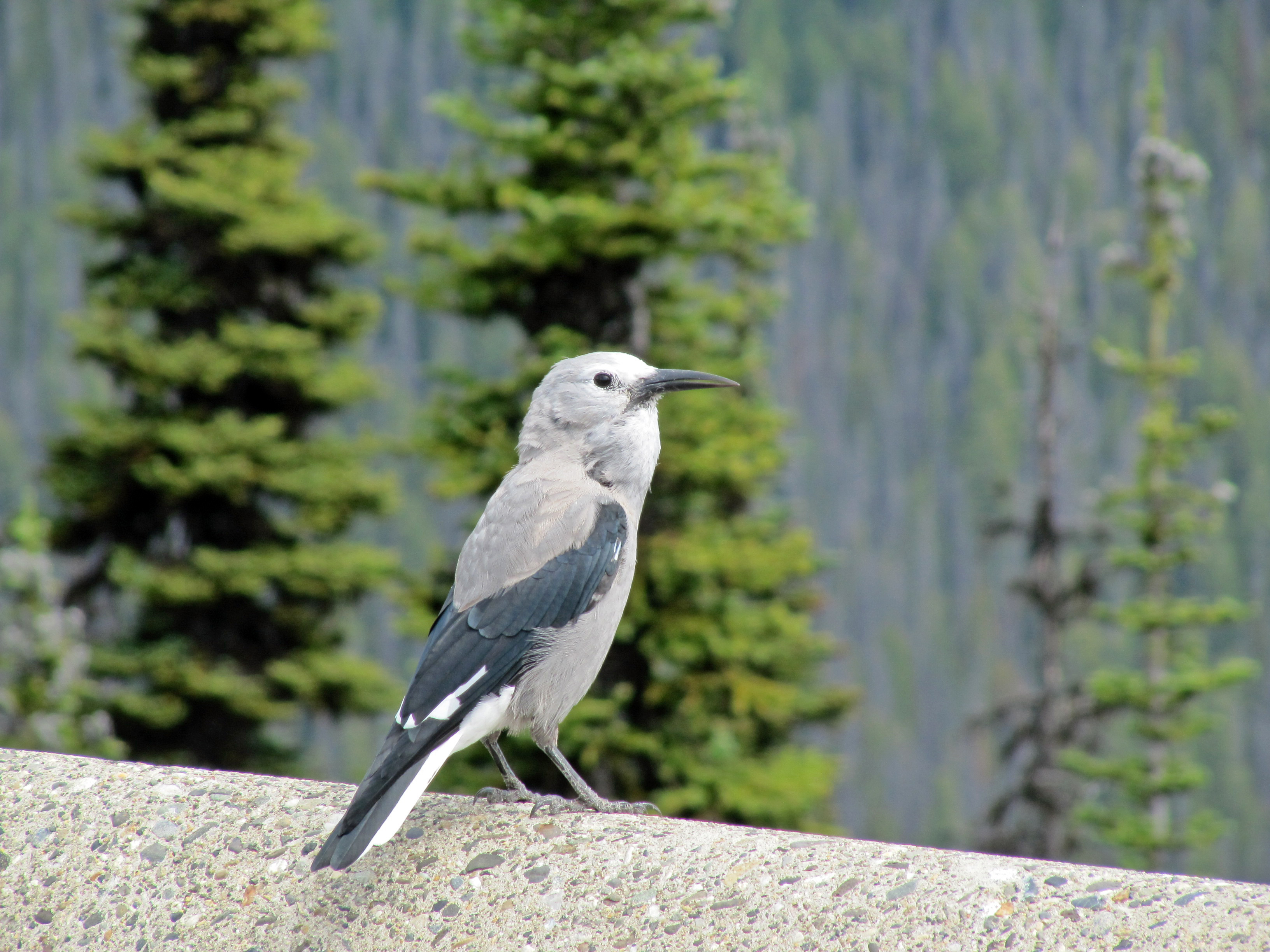
To keep squirrels off your bird feeder pole, you can employ various strategies. Start by selecting a feeder with features that deter squirrels, such as weight-activated mechanisms, smaller openings or mesh grids, or specially designed squirrel-proof feeders. Installing a squirrel baffle on the feeder pole can also be effective. Additionally, setting up an electric fence or using animal repellents can help deter squirrels. Regularly picking up fallen bird seed and maintaining a clean feeding area further discourages squirrels.
2. What is a squirrel baffle, and how does it work?
![]()
A squirrel baffle is a physical barrier installed on the bird feeder pole to prevent squirrels from climbing up and reaching the feeder. It is typically a smooth or slippery material, such as metal or plastic, that makes it difficult for squirrels to grip and climb. The baffle is positioned at a height of around 4-5 feet from the ground to prevent squirrels from jumping over or bypassing it. Proper installation and maintenance of the baffle ensure its effectiveness in deterring squirrels.
3. Are there squirrel-proof bird feeders available?
Yes, there are specially designed squirrel-proof bird feeders available in the market. These feeders feature mechanisms like cages or baffles that prevent squirrels from accessing the seeds. Some squirrel-proof feeders use weight-activated mechanisms, where the feeding ports close off when a squirrel’s weight is detected, allowing birds to feed undisturbed. These feeders provide an effective solution to keep squirrels away from the bird feeder pole.
4. Can I use repellents to deter squirrels from my bird feeder pole?

Yes, you can use animal repellents specifically formulated to deter squirrels. Commercial squirrel repellents often contain ingredients like capsaicin, garlic, or predator urine, which squirrels find unpleasant. You can apply these repellents

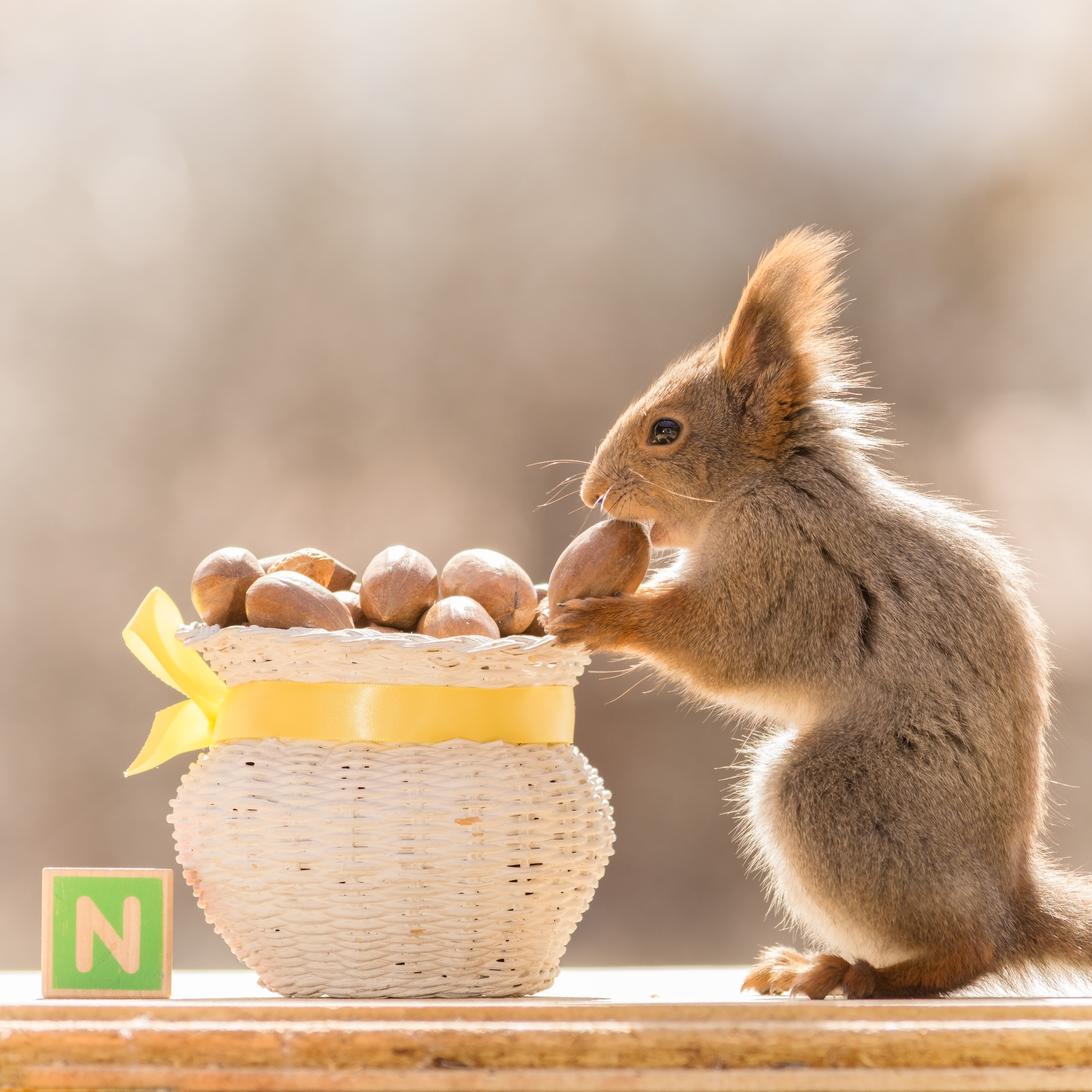
Leave a Reply